

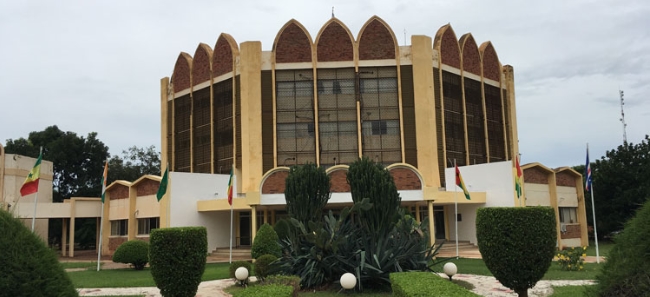

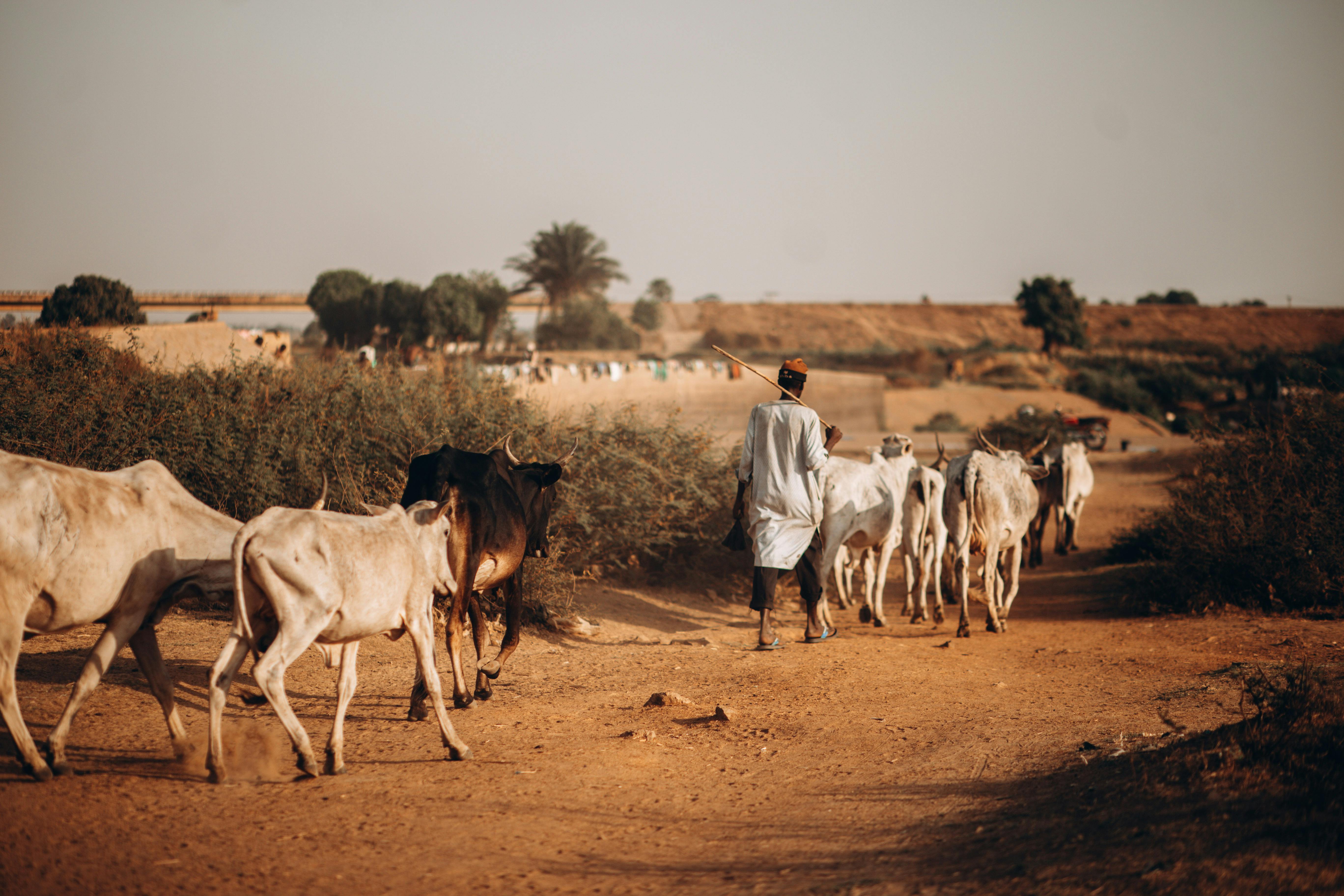
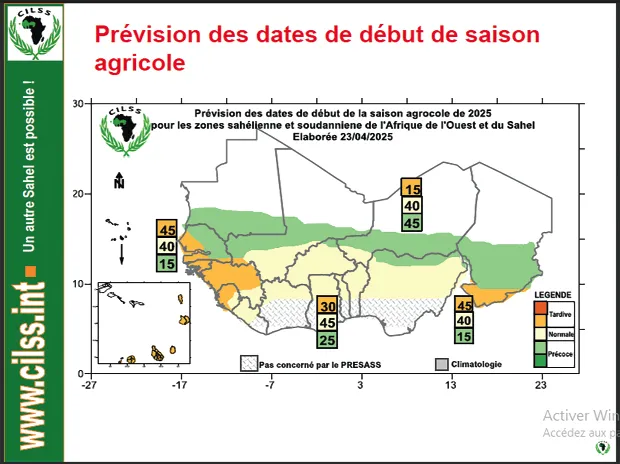
Protecting the Sahel from extremes
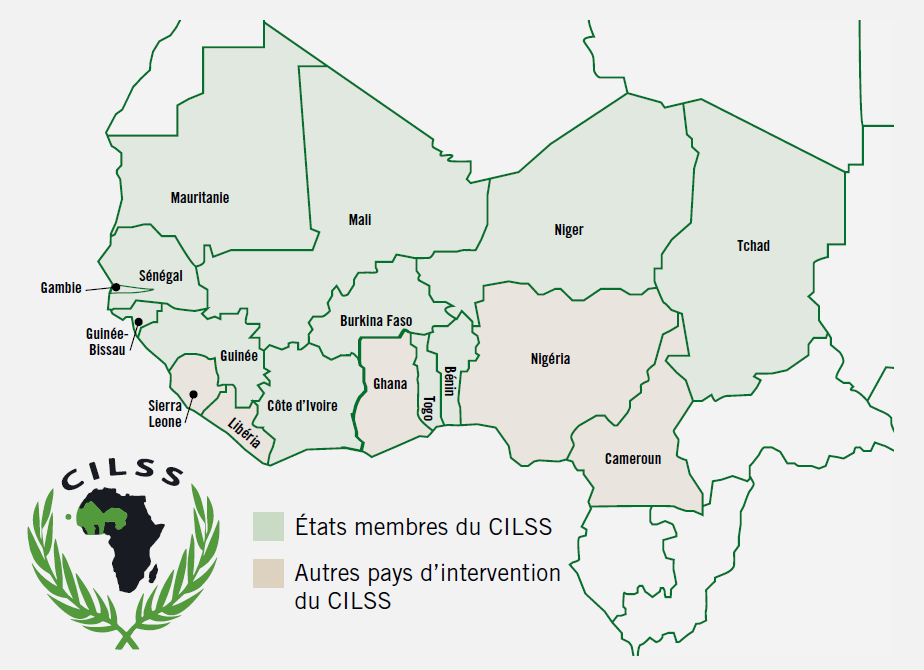
Informing decisions for a resilient Sahel
🌱 Discover how CILSS is transforming agriculture in the Sahel in the face of climate challenges!
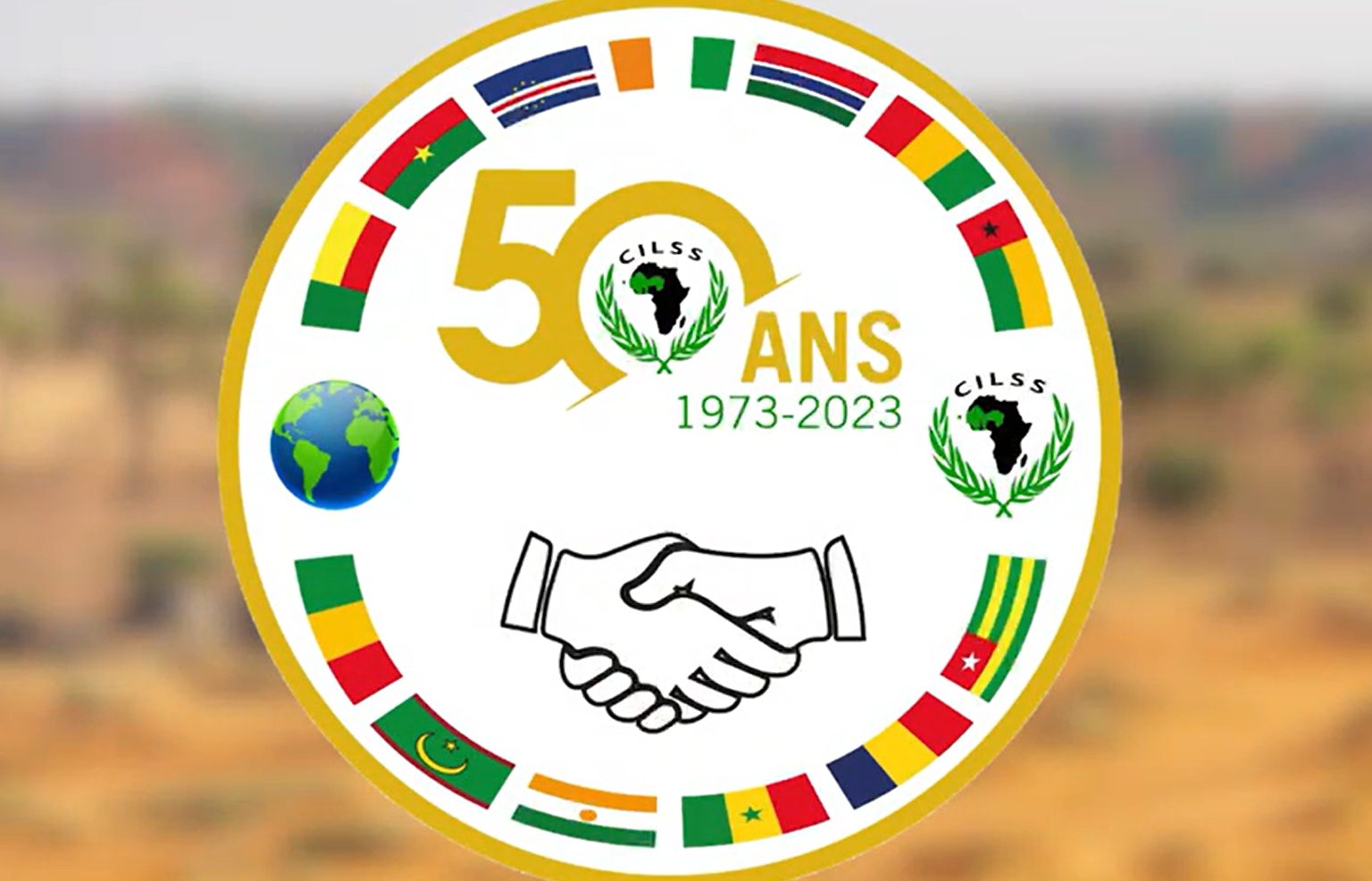
في هذه الحلقة من بودكاست "أصوات الساحل"، نسلط الضوء على الدور المحوري الذي تلعبه اللجنة الدائمة متعددة الدول لمكافحة الجفاف في الساحل (CILSS) في دعم الزراعة المستدامة وتحقيق الأمن الغذائي في منطقة الساحل الإفريقي.
نناقش كيف تواجه اللجنة تحديات التغير المناخي وندرة الموارد المائية، وتعمل على تمكين الفلاحين وتنسيق الجهود الإقليمية من أجل مستقبل زراعي واعد.
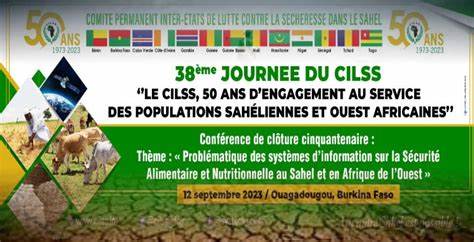
Welcome to the Sahel Insights podcast, brought to you by CILSS – the Permanent Interstate Committee for Drought Control in the Sahel.
Our mission is to invest in food security and combat the effects of desertification and climate change across West Africa and the Sahel region.
In this episode, we explore CILSS projects supporting sustainable agriculture, water resource management, and regional cooperation.
Stay tuned to learn how we’re building resilience and protecting livelihoods in some of the world’s most climate-vulnerable communities.
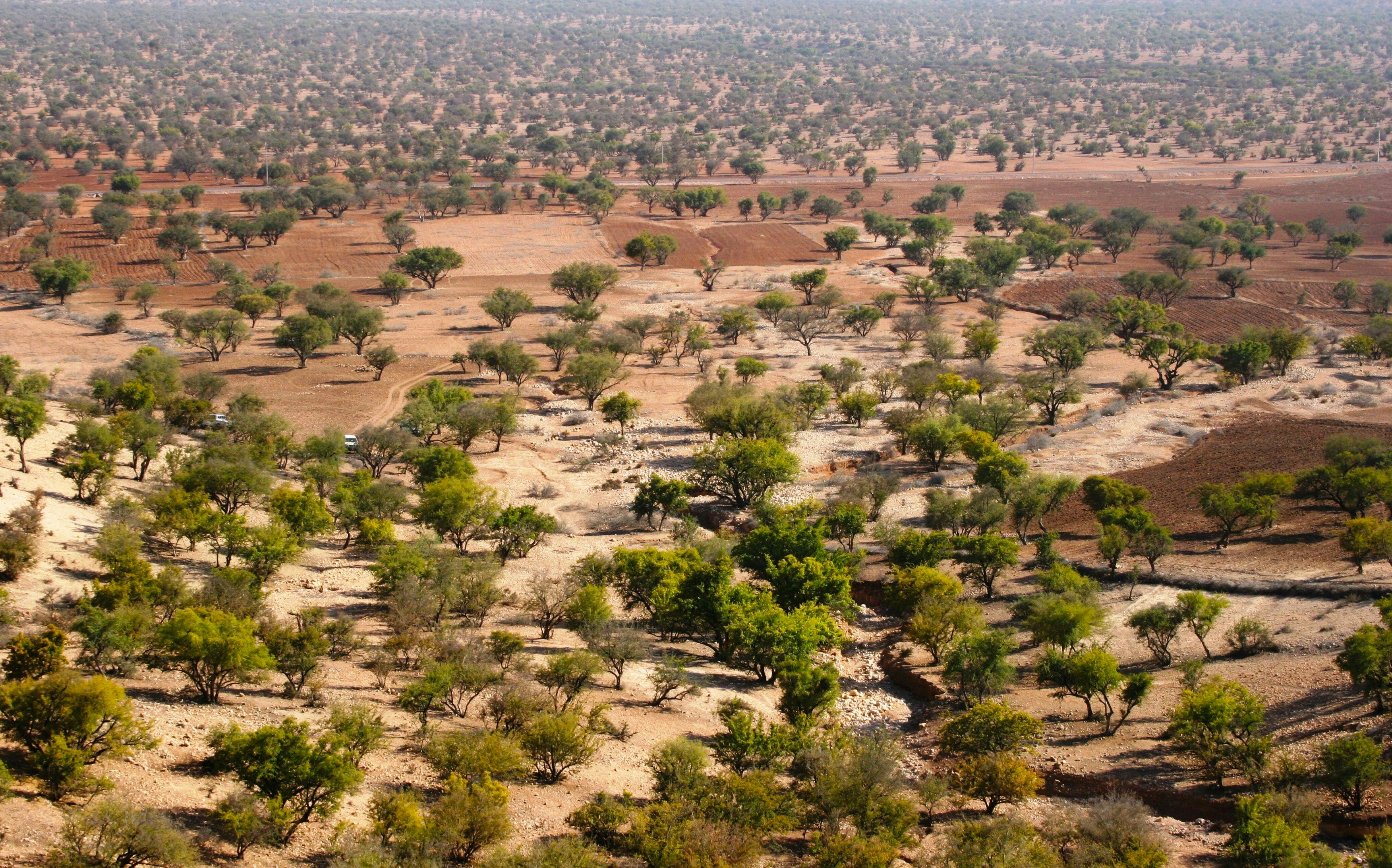
Dans cet épisode inaugural du podcast du CILSS, nous explorons les défis environnementaux majeurs auxquels font face les pays sahéliens et les solutions mises en œuvre pour renforcer la résilience des communautés.
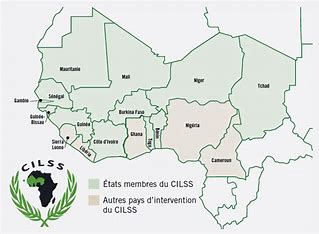
Dans cet épisode, nous discutons des stratégies locales mises en place pour contrer la désertification, avec l’expert agroécologiste du CILSS.
CILSS supports member countries in formulating and implementing policies and programs related to agriculture, food security, climate change adaptation, and water resource management.
It coordinates policy development and implementation efforts to address demographic, migration and employment challenges, while strengthening regional cooperation to combat food insecurity and mitigate the impacts of drought and climate change.
It conducts studies and research on issues related to food security, natural resource management, and climate change, and disseminates information to raise awareness among member states and the international community.
CILSS works to mobilize the necessary resources to fund regional and sub-regional programs addressing food self-sufficiency and desertification control.
CILSS was created in 1973 to fight drought and desertification in the Sahel region. It works on food security, natural resource management and climate change adaptation